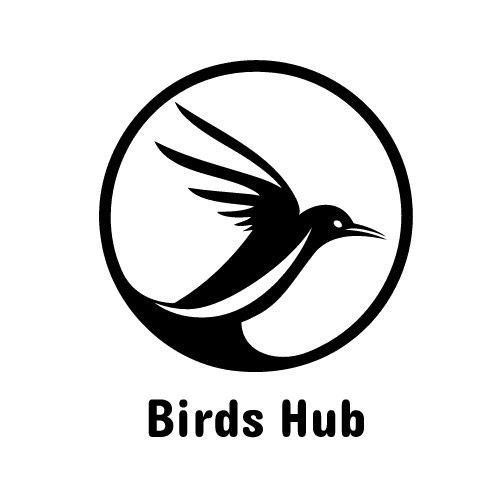Welcome to our blog
We’re thrilled to have you here and can’t wait to share our journey with you.
This space is dedicated to exploring a myriad of topics, offering insights, and sparking conversations. Whether you’re here for inspiration, information, or just a good read, we’re committed to providing you with content that resonates.
-
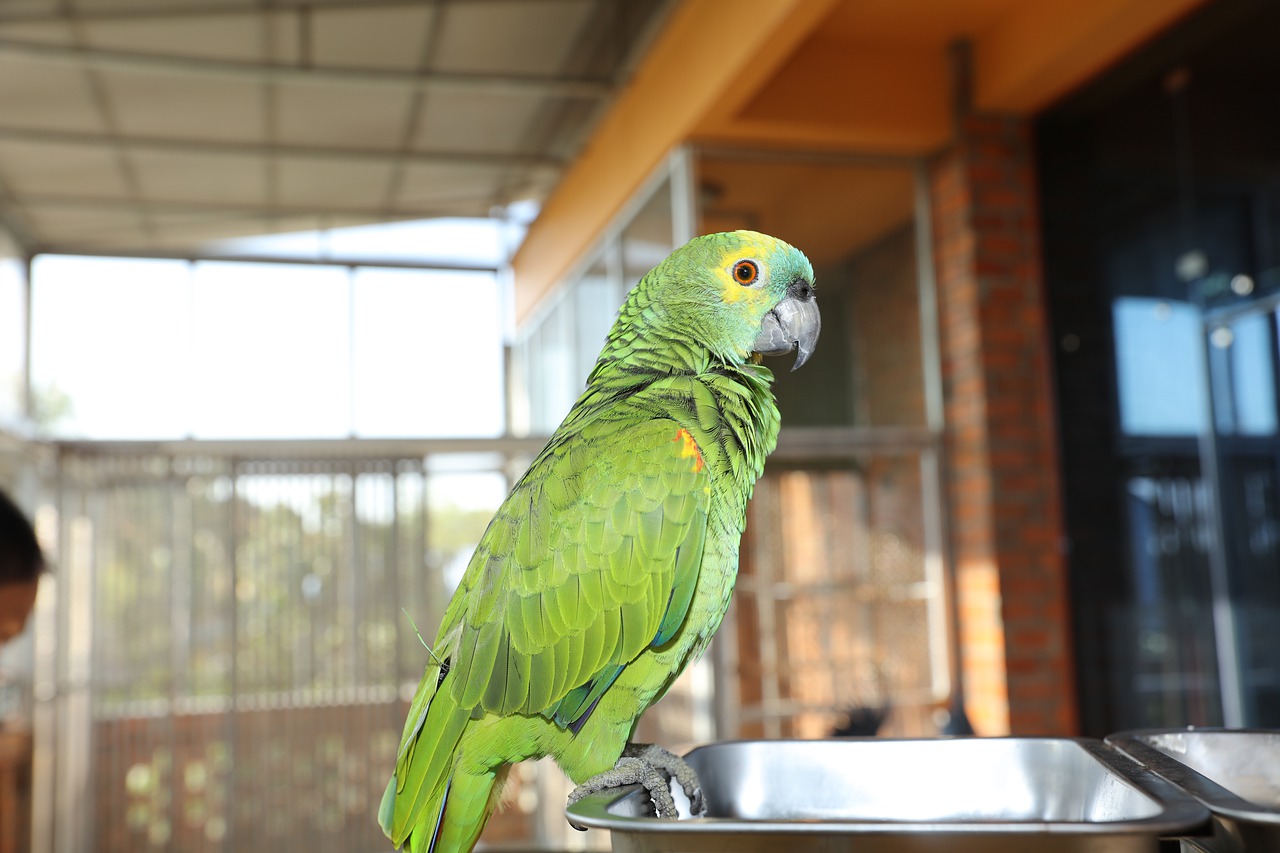
How Is It Possible for Birds to Talk?
Birds are incredibly intelligent animals. They are also some of the most adaptable creatures on Earth so it makes sense that they can learn to speak human languages. Birds like parrots can learn to imitate sounds they hear from their owners and other people. Imitating sounds is a form of communication for birds because it…
-
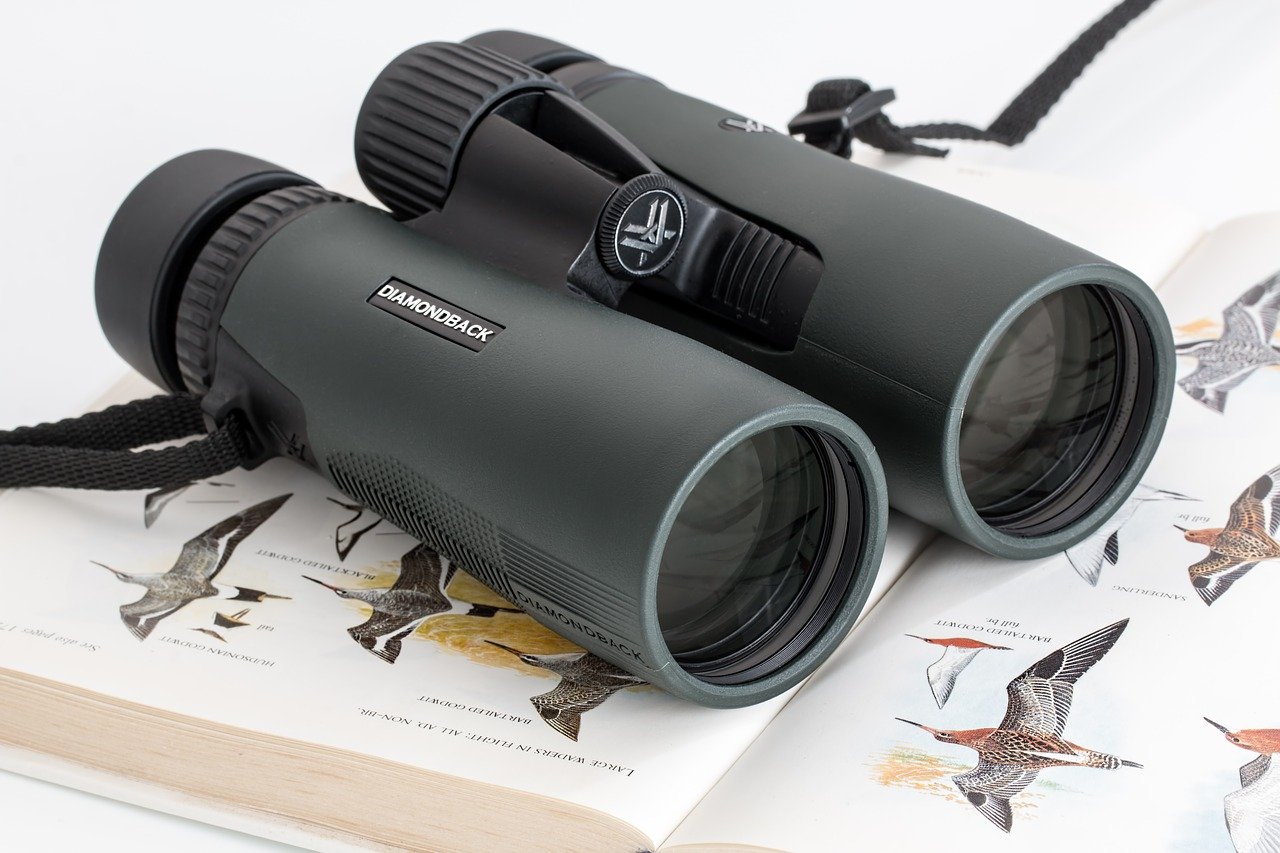
Which Binoculars for Bird Watching?
If you’re new to birding, you’ll probably want to find out what binoculars are the best for bird watching. Below is a quick summary of the different types of binoculars and which ones are best for beginners. The primary purpose of any pair of binoculars is to provide an enlarged image that helps you see…
-
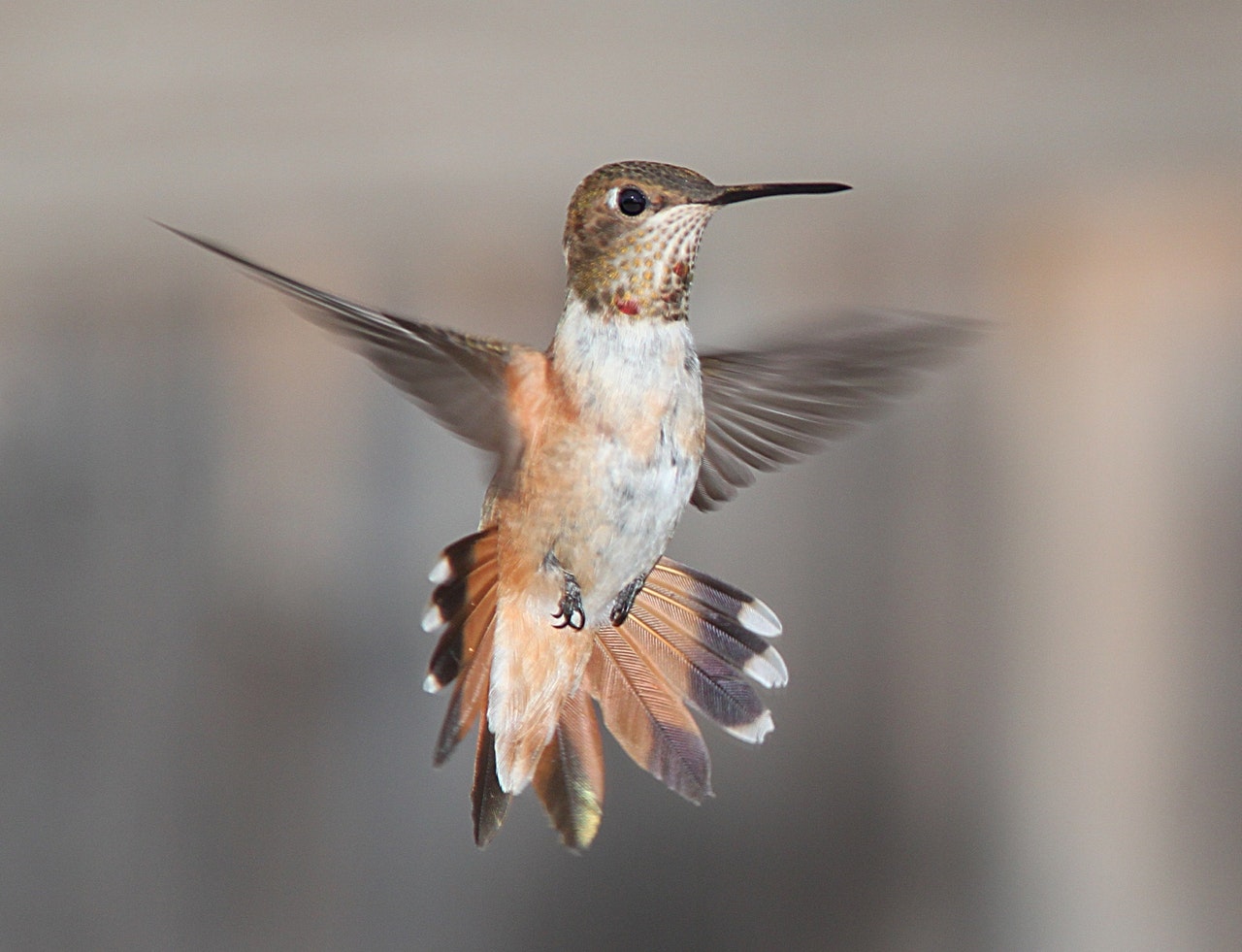
How Far Birds Can See?
Birds can see from an amazing distance. But how far they can see depends on what kind of birds they are, and what they are doing. Some North American birds can see objects that are 2 miles away. Birds of prey like eagles can even see small prey animals from more than 3 miles away.…
-
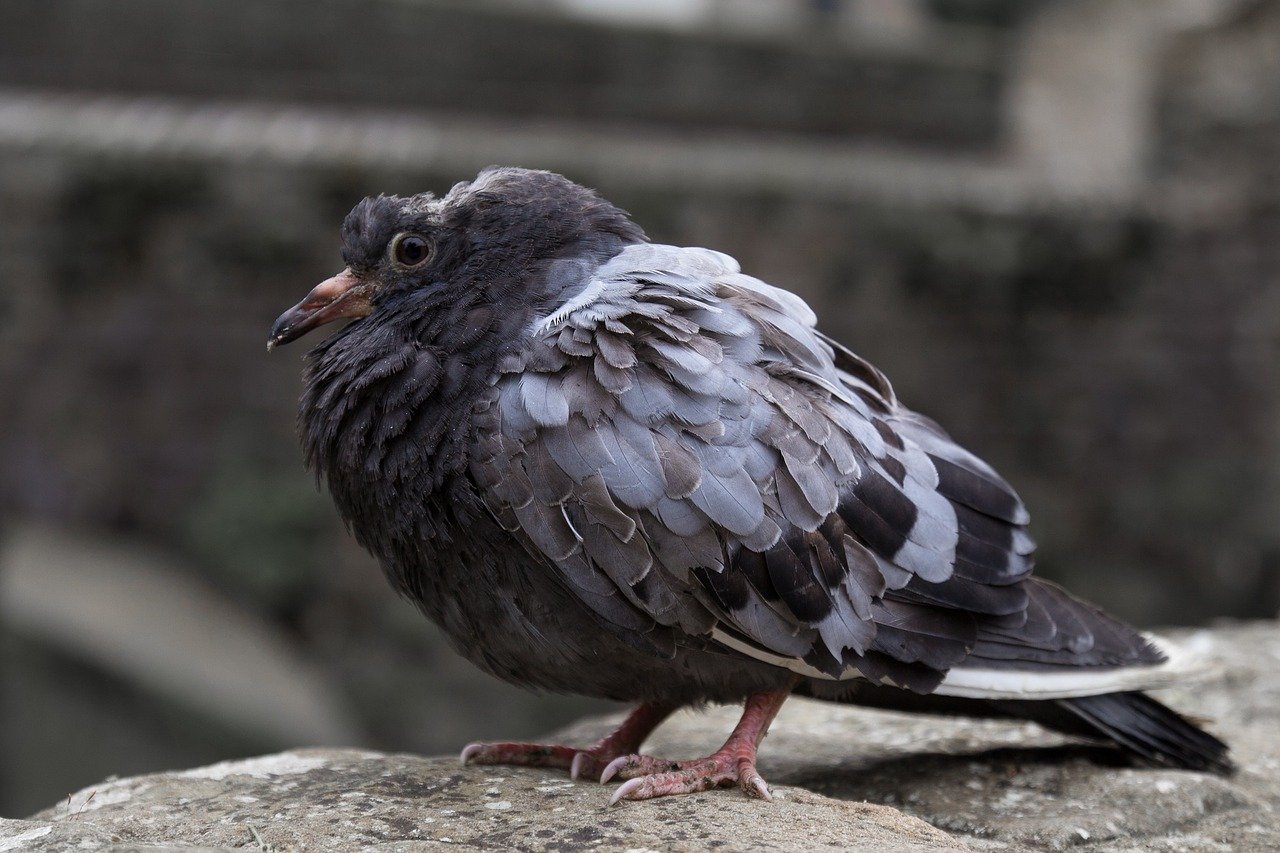
Can You Get Sick From Birds?
Yes, people can get sick from birds. The most common way is when a person is bitten by a sick bird or when a person touches something that has been contaminated with bird feces or regurgitation. Birds carry an estimated 30 to 40 percent of all human diseases, including influenza, strep throat, salmonella and many…
-
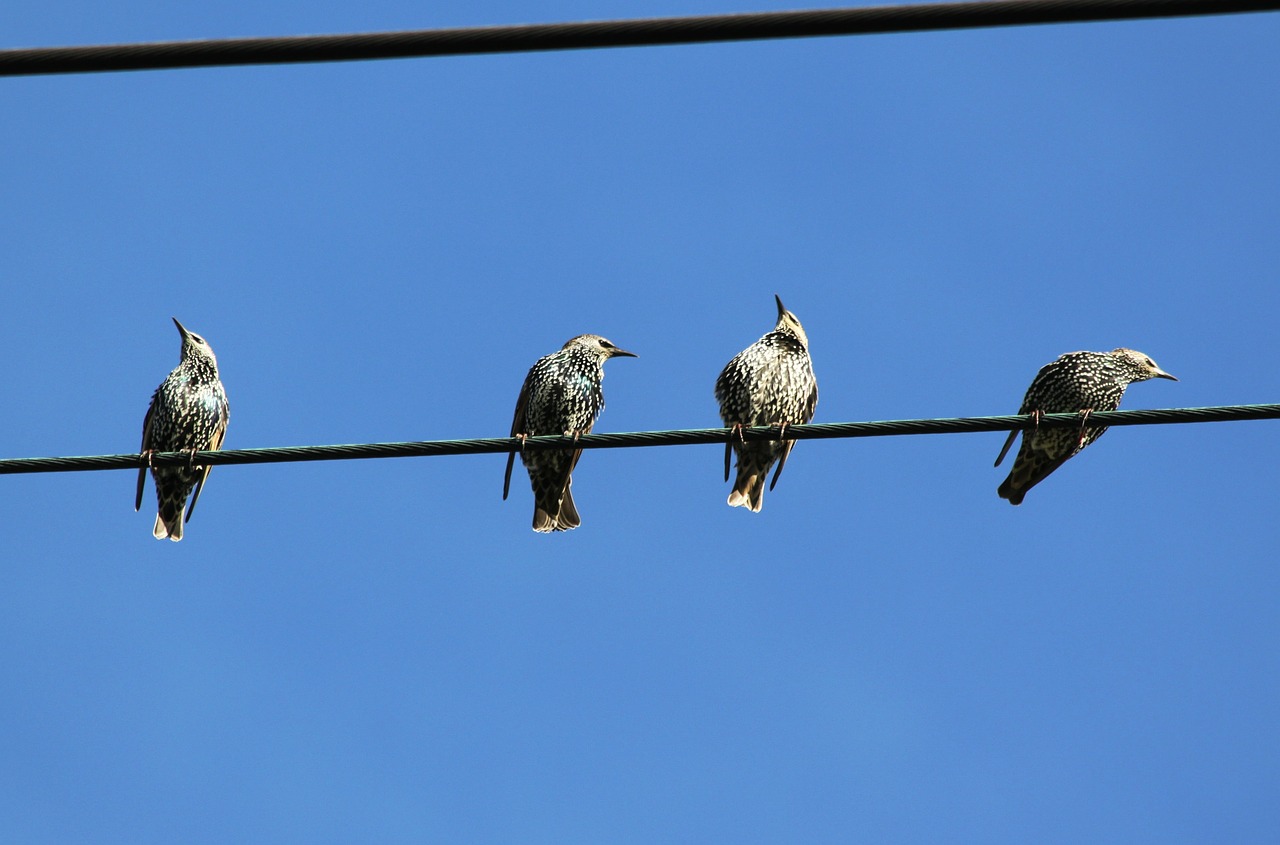
How Do Birds Walk on Power Lines?
Birds, as well as other creatures, can walk on power lines because of their physiology. Birds’ feet are not sticky, unlike those of geckos and insects. However, birds have claws that provide traction on surfaces. The claws also prevent the bird’s feet from slipping on the metal cables. Traction is also provided by the pads…
-
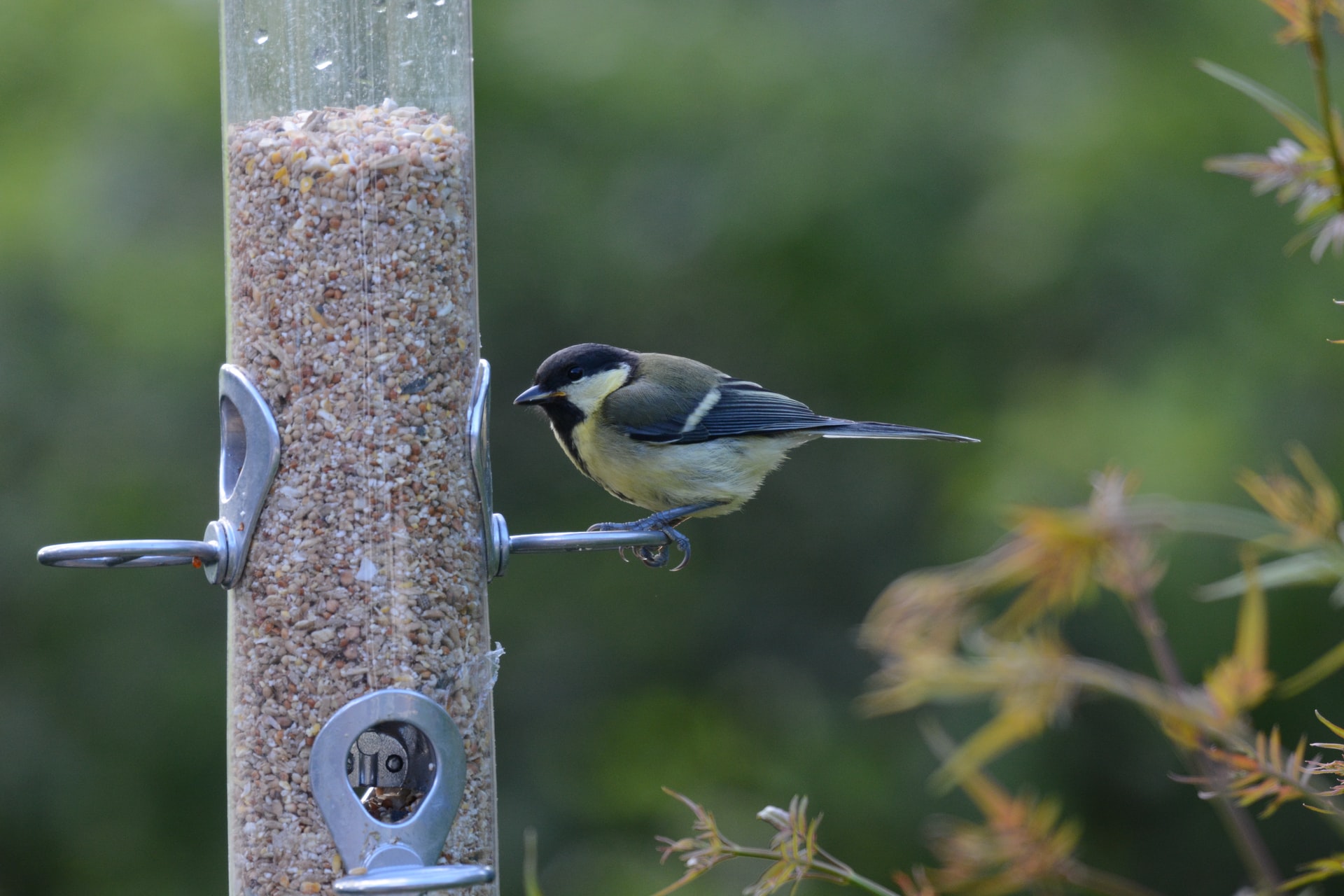
Does Bird Food Expire?
So you’ve been wondering, does bird food expire? There are many different types of bird food that you can purchase for your bird, but what happens if you leave the food out for too long? Will it go bad? And if so, will it hurt your bird? Yes, bird food does expire. Most of the…
-
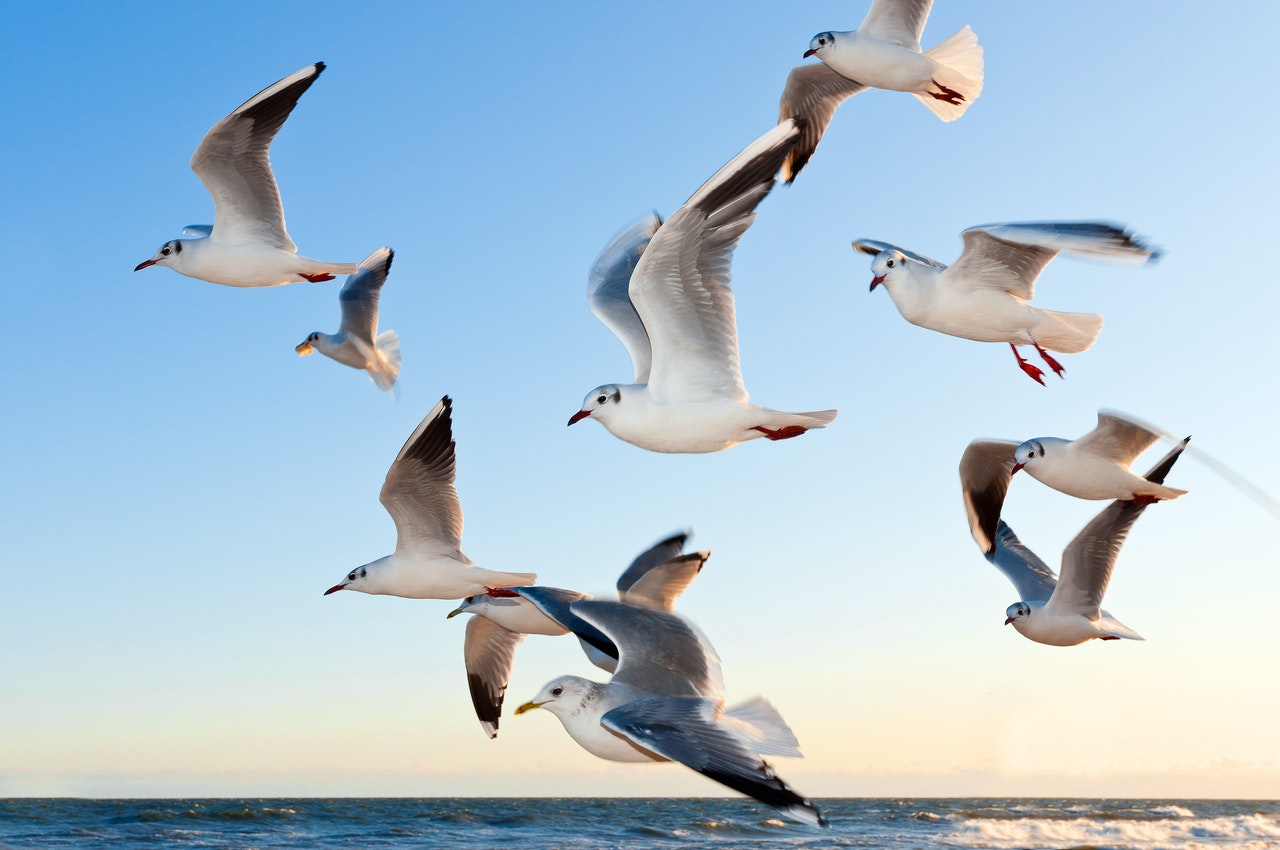
How Heavy Are Birds?
Birds are among the most diverse groups of animals on Earth, ranging from tiny hummingbirds to giant eagles and ostrich-like emus. But how heavy are birds? The answer varies greatly depending on the type of bird in question. To get an idea of how heavy a bird is, you have to take into account its…
-

How Do You Incubate Bird Eggs at Home?
You can bird eggs at home. The process is not complicated, but there are a few basic steps to follow to ensure the eggs hatch successfully. Females of most species of birds lay eggs once a year. In most cases, the female bird does not incubate the eggs, although a few species do for short…
-

What Vegetables Can Canaries Eat? Things to Avoid
Canaries like to eat vegetables, specially the greens and roots. This is because canary’s are a form of a carnivore, and they need some amount of vegetables in their diet. Canaries are a unique type of bird that love to eat vegetables. Canary owners often feed their pets carrots, lettuce, and spinach. However, canaries have…
-
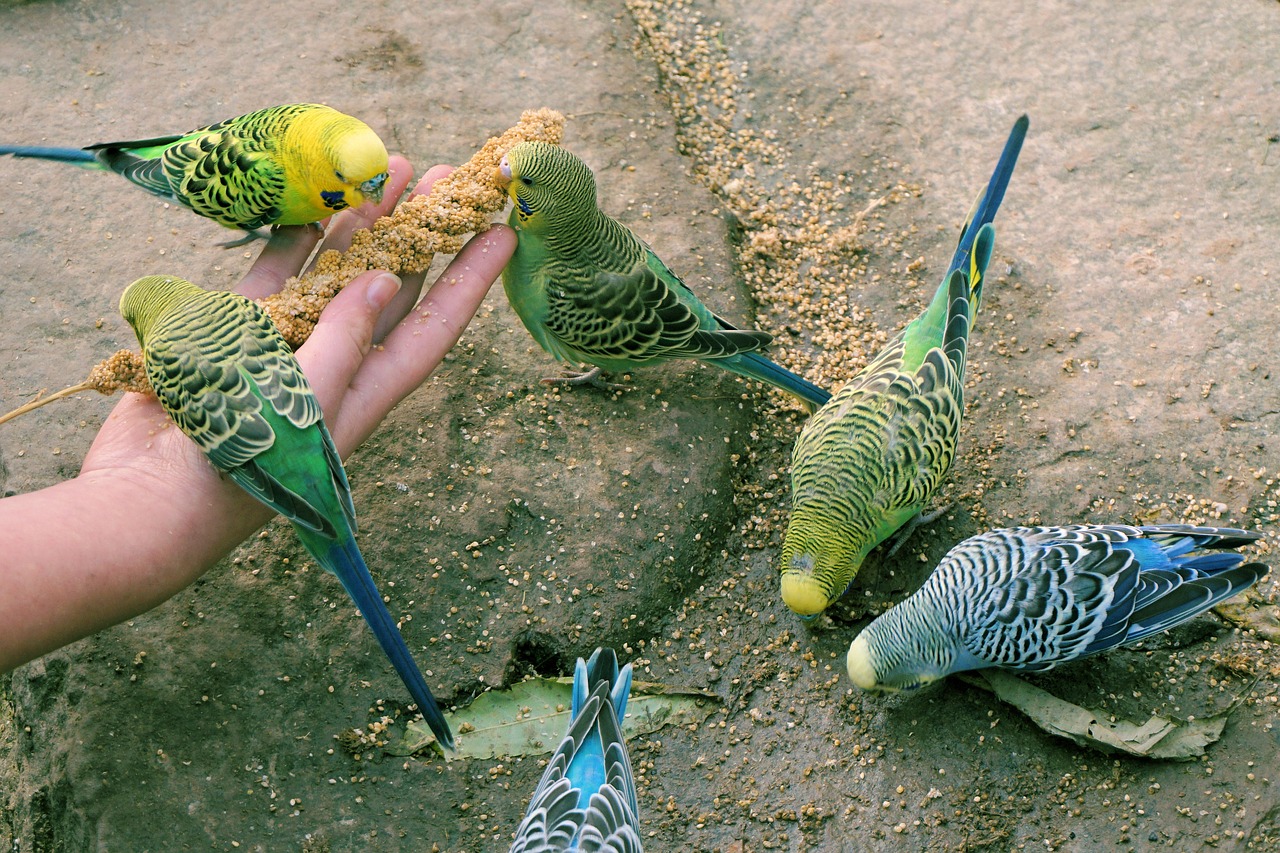
What Types of Seeds Can Budgies Eat?
Budgies can eat a variety of seeds. They can be fed a good all-purpose seed mix, or they can eat different types of seeds separately. Treat budgies to a mixed seed diet. An all-purpose seed mix contains sunflower, millet and hempseed, as well as some other ingredients. It’s an ideal choice for the budgie’s diet…
